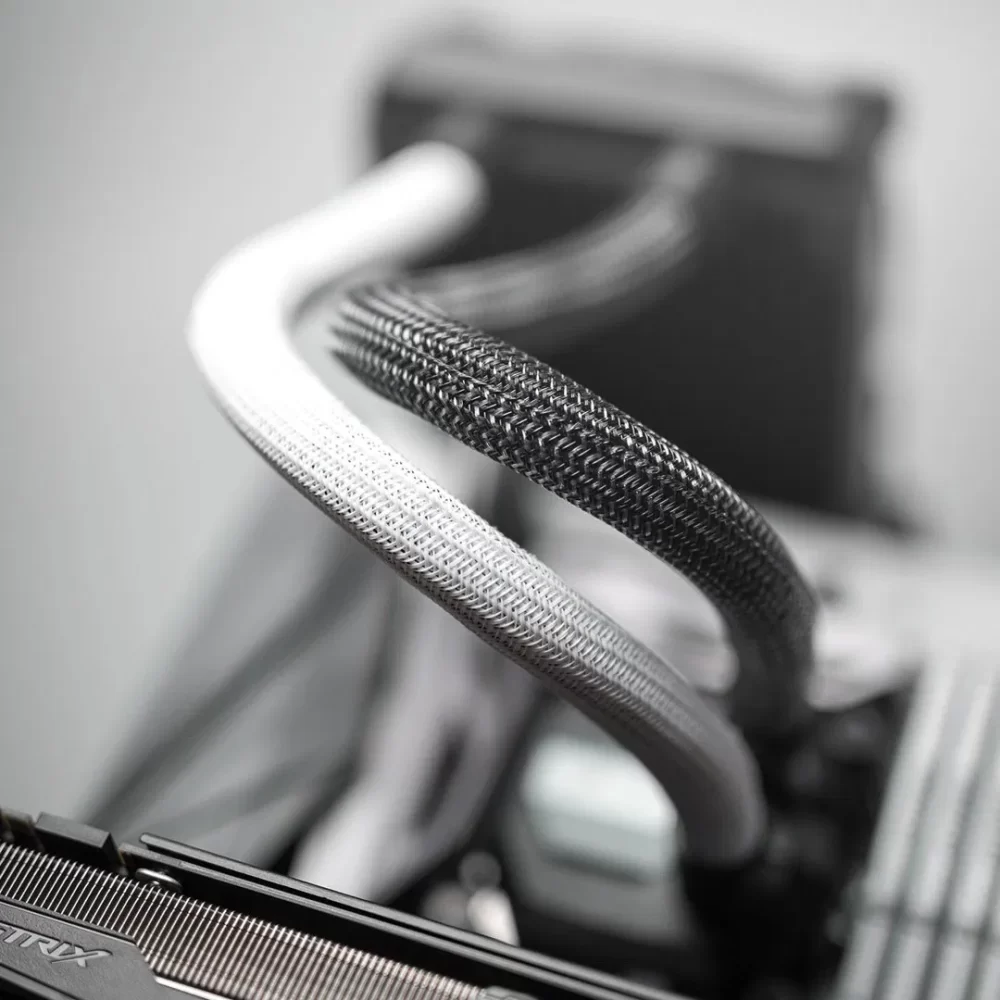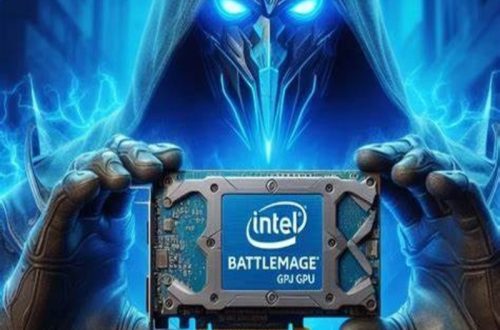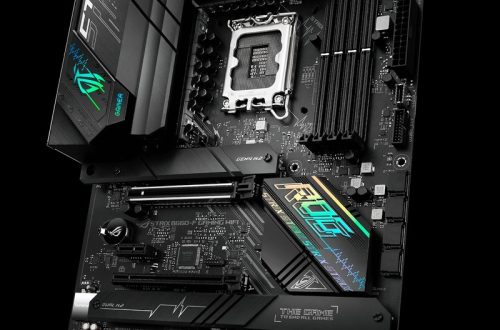Introduction
In the world of gaming, performance and sound quality are paramount. However, many PC gamers encounter GPU coil whine, an annoying phenomenon that can distract from your gameplay. Coil whine manifests as a high-pitched noise emanating from the graphics card. It occurs mainly when the GPU is under significant load, such as during intense gaming sessions. Understanding GPU coil whine can lead to better performance tuning and a quieter gaming experience.
As graphics cards become more powerful, coil whine has become more prevalent. While it might be alarming, it’s not always a cause for concern. This article explores what GPU coil whine is, its causes, and effective solutions for minimizing its impact.
What is GPU Coil Whine?
GPU coil whine refers to a high-frequency noise generated by the GPU’s electrical components, particularly the inductors and transformers. When electricity flows through these components, vibrating coils emit sound. This noise often becomes more pronounced when the GPU experiences higher workloads, like rendering graphics in real-time during gaming.
Additionally, the frequency of the noise can change depending on the load placed on the graphics card. For example, during high FPS (frames per second) scenarios, the coil whine can become louder. Many users report that this sound is most noticeable during demanding situations such as gaming or rendering graphics-intensive applications. If you hear a whine while playing, it may be a common occurrence, given the load the GPU is under.
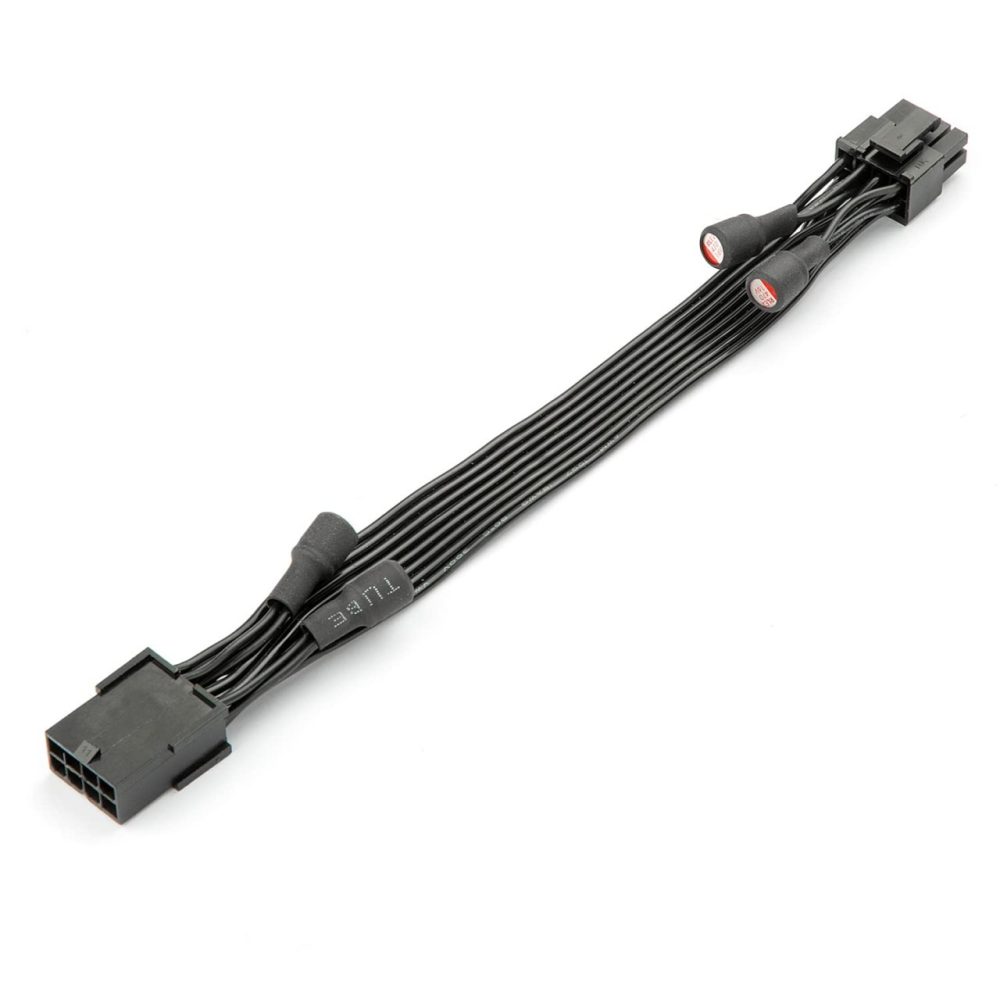
Causes of GPU Coil Whine
Understanding the causes of GPU coil whine can help in recognizing when it’s happening and how to manage it effectively. There are several factors that contribute to the occurrence of coil whine:
1. Power Usage and Load
Power demand fluctuates based on what you are doing on your computer. When you engage in gaming or resource-intensive tasks, the GPU often draws more power. This increased load can result in a higher frequency sound.
2. High FPS Situations
In high-FPS scenarios, such as competitive gaming, the GPU operates at its limits. This can intensify the coil whine you hear. The faster the GPU needs to respond, the more electrical energy it consumes, leading to more pronounced noise.
3. Voltage Regulation
Voltage regulators are designed to supply stable power to the GPU. Inadequate or poor-quality power supply units (PSUs) can lead to fluctuations that increase coil whine. A well-designed PSU minimizes electrical noise effectively, reducing coil whine.
4. Component Quality
Not all graphics cards are created equal. The build quality of components, such as capacitors and inductors, plays a vital role in the amount of coil whine produced. Higher-quality components tend to result in less noise.
When combined, these factors contribute to the overall experience of coil whine. It is essential to know that some GPUs will be more prone to this phenomenon than others based on design and material choices.
Is GPU Coil Whine Normal?
It’s essential for users to understand whether coil whine is typical or indicative of a deeper problem. In most cases, GPU coil whine is entirely normal and expected. Many graphics cards emit some level of coil whine when under high load, especially modern GPUs that push performance limits.
However, excessive noise can signal other issues. If the sound is so loud that it causes concern, you should monitor performance metrics. In rare circumstances, coil whine could indicate a fault or a defect in the GPU. Therefore, it’s crucial to assess the noise level and verify whether it impacts performance metrics significantly.
If the sound becomes bothersome, users should take steps to minimize it, which will be discussed in the next section.
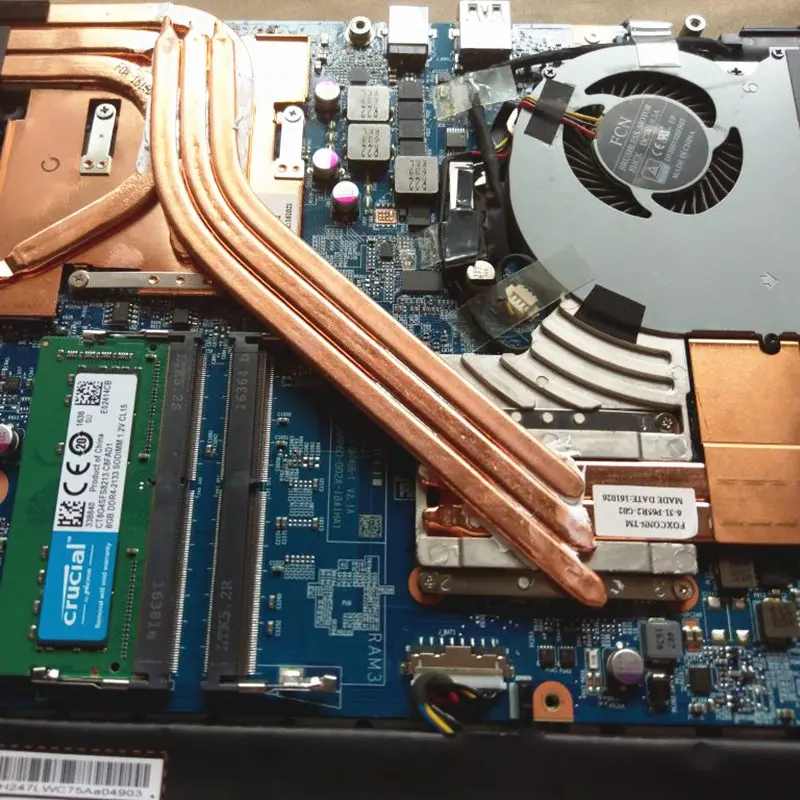
Identifying Coil Whine vs. Other Noises
When experiencing noise from your GPU, distinguishing between coil whine and other sources can be tricky. Common sounds that might confuse the user include fan noise and general hardware noises.
1. Fan Noise vs. Coil Whine
Fan noise is typically lower in frequency and can be associated with the cooling system. If your GPU fans ramp up to cool the card, you will hear a consistent whoosh or hum. In contrast, coil whine is more of a high-pitched whine or whistle, which is distinct from other noises coming from your system.
2. Troubleshooting Tips
If you’re unsure whether you are dealing with coil whine, consider these troubleshooting steps:
– Listen Carefully: Turn off your fans temporarily to see if the sound persists. This will help isolate the source.
– Check Under Load: Engage in heavy gaming or rendering tasks to trigger the whine and confirm its source.
– Use Monitoring Software: Tools that display GPU metrics can help you gauge performance and behavior under load.
Understanding the sound sources in your system can alleviate concerns about performance and hardware reliability.
Solutions to Fix or Reduce GPU Coil Whine
If GPU coil whine becomes bothersome, there are practical steps you can take to reduce the noise. Implementing these solutions can enhance your gaming experience:
1. Adjust Power Settings
Fine-tuning your GPU settings can minimize coil whine. In many cases, lowering FPS can reduce the noise. You can do this via your graphics control panel by limiting your frame rate.
2. Upgrade Your Power Supply Unit (PSU)
Your PSU plays a crucial role in managing voltage regulation. A high-quality, efficient PSU can lessen or eliminate coil whine by providing cleaner power and stability to your hardware.
3. Use GPU Tuning Software
GPU tuning software allows you to manage power and performance settings within the GPU driver. Adjusting clock speeds and voltages can help find a balance between performance and coil whine reduction.
4. Physical Solutions
Implement physical strategies to mitigate the sound:
– Dampening Pads: Placing dampening pads under the GPU can absorb vibrations and reduce noise.
– Soundproof Enclosures: Creating enclosures around your system can significantly lessen the perception of coil whine.
Applying these methods can create a quieter gaming environment without sacrificing performance.
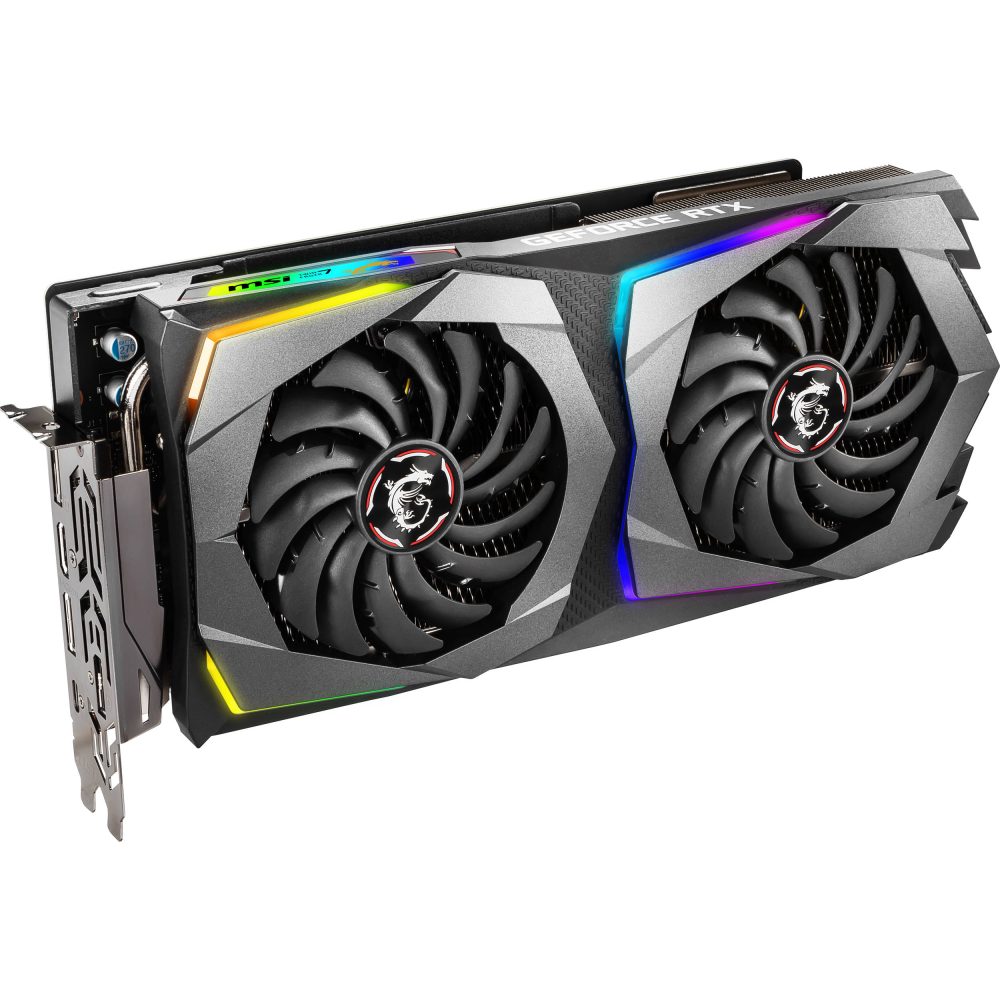
Coil Whine Troubleshooting Steps
If you suspect that coil whine is negatively affecting your hardware, follow these troubleshooting steps:
1. Identify the Sound: Determine whether the noise is coil whine or another sound. Listen for frequency and pitch.
2. Monitor Performance: Use software to check your GPU’s temperature and performance under load. Ensure that it is within safe limits.
3. Inspect Physical Setup: Check if the GPU is securely mounted and that airflow is adequate. Cleaning dust from components may also help with coil whine.
4. Assess Component Quality: If coil whine persists, consider the overall quality of your components or potential upgrades.
5. Consult Manufacturer Support: If you’re concerned about your GPU’s performance, reaching out to the manufacturer can offer guidance tailored to your specific situation.
Proper troubleshooting can give you peace of mind regarding GPU coil whine and its impact on your system.
Conclusion
GPU coil whine is a common topic among PC gamers and tech enthusiasts. While the high-pitched noise can be unsettling, understanding its causes, recognizing the difference between coil whine and other noises, and employing effective solutions can help manage and reduce its impact. Remember, coil whine is often normal and does not indicate a failing GPU. By following the tips outlined in this article, you can maintain an enjoyable and quieter gaming experience while continuing to enjoy high-performance computing. Don’t let coil whine hinder your gaming adventures; with the right knowledge and tools, you can effectively address this phenomenon and keep your gaming rig running smoothly.
Get Your Gaming Setup Right!
If you’re ready to take your gaming experience to the next level and want a quiet system, assess your current hardware setup today. Make informed upgrades if necessary, and don’t hesitate to consult experts if you’re dealing with persistent issues. Enjoy a noise-free experience and dive deep into your gaming adventures!
